MercoPress. South Atlantic News Agency
Economy
-
Thursday, August 20th 2009 - 05:03 UTC
Warren Buffet praises US “rescue” but warns about mounting debt
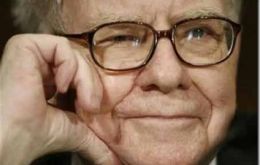
US billionaire Warren Buffett said that the US economy appears to be recovering, though the “enormous dosages of monetary medicine” used to fix it might pose a threat as “ominous” as last year's financial crisis itself.
-
Thursday, August 20th 2009 - 04:51 UTC
“Deep scars” from recession will an effect for years to come, warns IMF
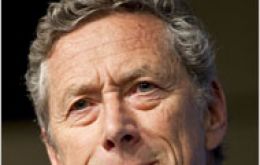
The world has begun to recover from recession but the process will not be simple, the International Monetary Fund (IMF) has warned. The recession has “left deep scars which will affect both supply and demand for many years to come” according to IMF chief economist, Olivier Blanchard.
-
Thursday, August 20th 2009 - 04:37 UTC
Six million working age adults Britons claiming benefits
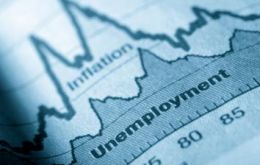
The number of British working-age adults claiming benefits is set to hit six million this month, a UK think-tank has predicted. The centre-right Policy Exchange forecast the rise using official Government figures on benefit claimants and the latest unemployment figures.
-
Wednesday, August 19th 2009 - 12:24 UTC
Some positive signs for Argentine industrial activity in spite of poor data
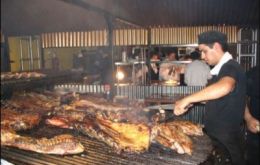
Argentine industrial activity during July plunged for the tenth month running going down 9.5% compared to a year ago, and accumulates so far this year a contraction of 8.7%, according to a private financial consultant group based in Buenos Aires.
-
Wednesday, August 19th 2009 - 12:10 UTC
Catholic Church insists 40% of Argentines live in poverty

The Argentine Catholic Church insisted on Tuesday that 40% of the population is poor or living below the poverty line and the gap between rich and poor is “scandalous”. The statement comes when Argentine bishops are meeting in Buenos Aires,
-
Wednesday, August 19th 2009 - 12:06 UTC
UK key inflation measure remains unchanged at 1.8%
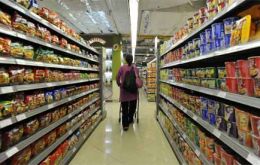
A key measure of inflation in the UK has unexpectedly remained at 1.8%. Economists had expected the Consumer Prices Index (CPI) to decline to 1.5% in July. The Retail Prices Index (RPI) inflation measure, which includes mortgage interest payments also unexpectedly increased to -1.4%, from -1.6%.
-
Wednesday, August 19th 2009 - 12:03 UTC
Swedish hand built car maker takes over Saab from ailing GM
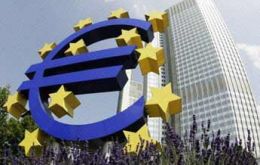
Koenigsegg Automotive, the Swedish maker of luxury 1.2-million US dollars sports cars, agreed to buy Saab Automobile from General Motors by the end of the year, potentially moving the company into the automotive mass market.
-
Wednesday, August 19th 2009 - 12:01 UTC
China reduces holdings of US government debt

China reduced its holdings of US Treasury bills in June by the largest amount in nearly nine years in what economists viewed as a bid to diversify the country's foreign reserves and increase returns.
-
Wednesday, August 19th 2009 - 04:54 UTC
US/Colombia free trade treaty “heading for approval”
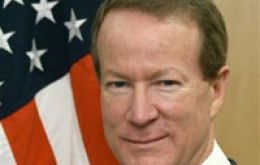
The free trade treaty between United States and Colombia, pending US congressional approval, is on route to be confirmed said US ambassador in Bogotá William Brownfield.
-
Tuesday, August 18th 2009 - 13:03 UTC
US media sets eyes on Argentina’s “manipulation of numbers”
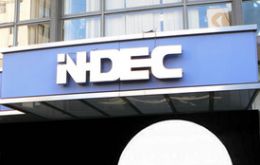
Argentina’s Statistics Institute controversy was joined Sunday by a most reputable newspaper, the Washington Post that called Indec numbers a ”manipulation (...) done under pressure from above”.
